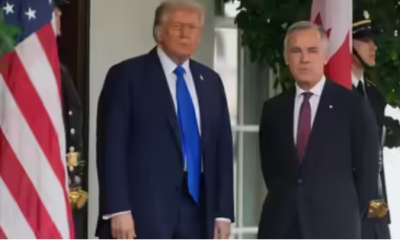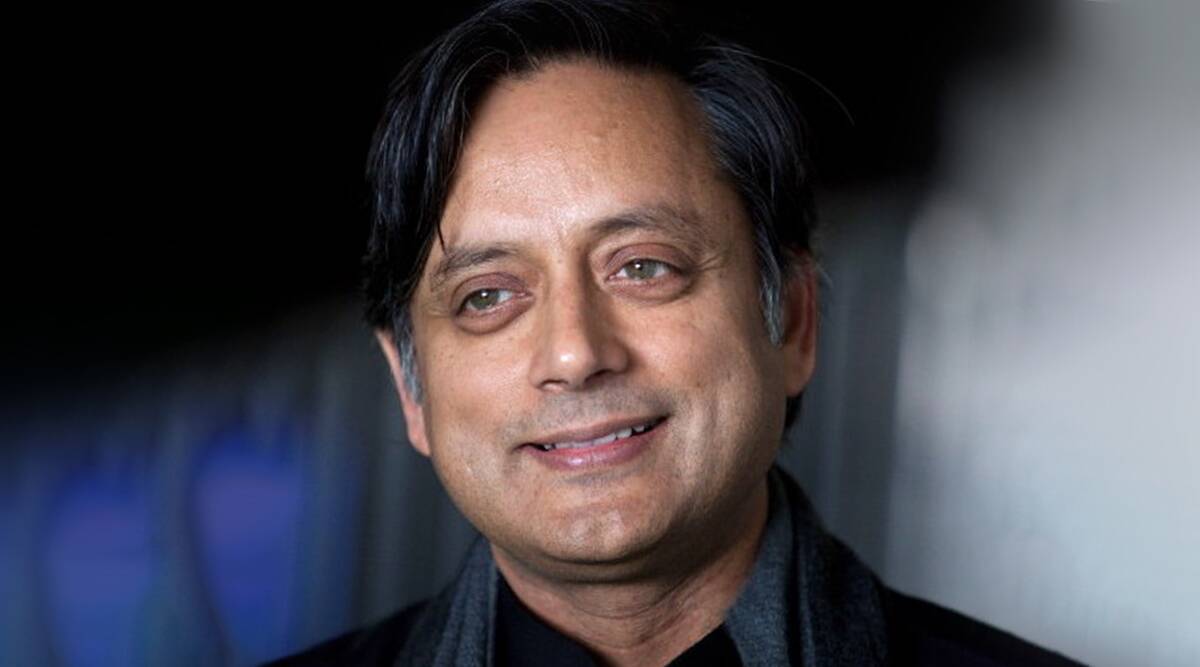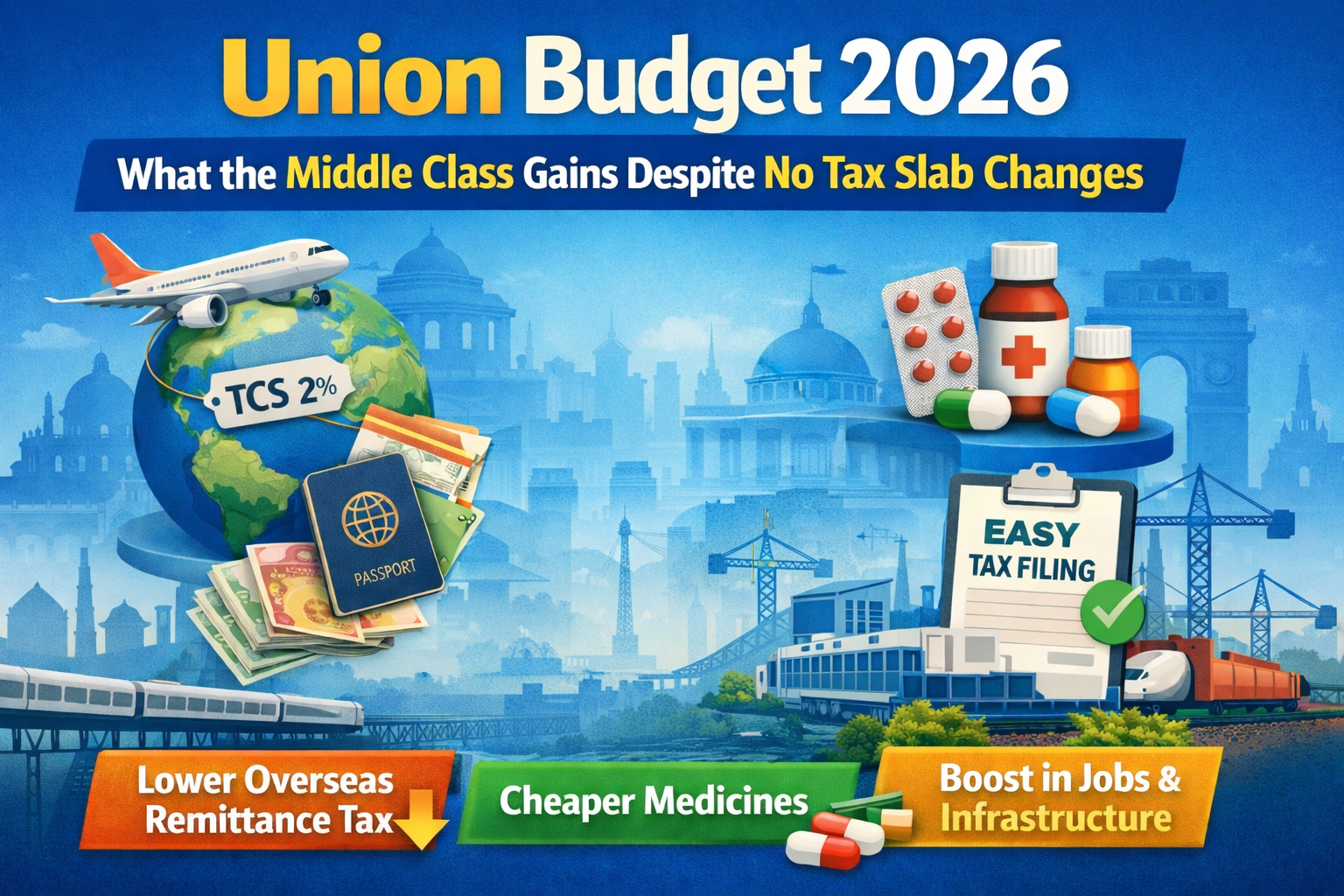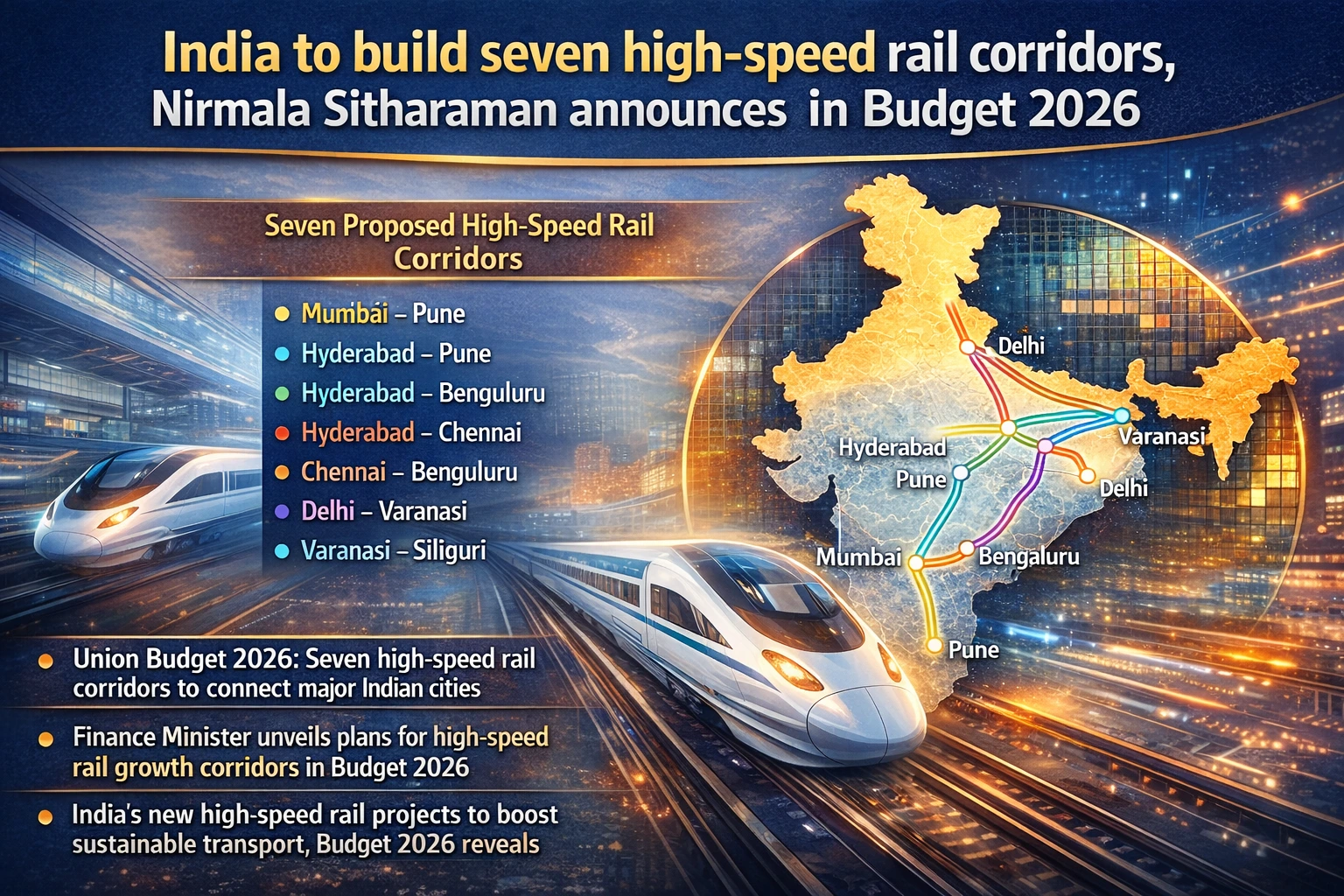[vc_row][vc_column][vc_column_text]India continued its downward slide in world press freedom index for 2018 released by Reporters Sans Frontières (RSF) which presents a gloomy picture overall with the heading “RSF Index 2018: Hatred of journalism threatens democracies”.
The report reflects growing animosity towards journalists. “Hostility towards the media, openly encouraged by political leaders, and the efforts of authoritarian regimes to export their vision of journalism pose a threat to democracies,” it says.
Hostility towards the media from political leaders is no longer limited to authoritarian countries such as Turkey (down two at 157th) and Egypt (161st), where “media-phobia” is now so pronounced that journalists are routinely accused of terrorism and all those who don’t offer loyalty are arbitrarily imprisoned.
“More and more democratically-elected leaders no longer see the media as part of democracy’s essential underpinning, but as an adversary to which they openly display their aversion,” says the report.
The ‘largest democracies’ India and US and their leaders Narendra Modi and Donald Trump find special mention.
“The United States, the country of the First Amendment, has fallen again in the Index under Donald Trump, this time two places to 45th. A media-bashing enthusiast, Trump has referred to reporters “enemies of the people,” the term once used by Joseph Stalin,” the report says.
It says the line separating verbal violence from physical violence is dissolving and, in India (down two at 138th), “hate speech targeting journalists is shared and amplified on social networks, often by troll armies in Prime Minister Narendra Modi’s pay.”
In each of these countries, at least four journalists were gunned down in cold blood in the space of a year, notes the report.[/vc_column_text][vc_column_text css=”.vc_custom_1524654083758{padding-top: 10px !important;padding-right: 10px !important;padding-bottom: 10px !important;padding-left: 10px !important;background-color: #a2b1bf !important;border-radius: 10px !important;}”]India continued its downward slide in world press freedom index for 2018 released by Reporters Sans Frontières (RSF) which presents a gloomy picture overall with the heading “RSF Index 2018: Hatred of journalism threatens democracies”.
The report reflects growing animosity towards journalists. “Hostility towards the media, openly encouraged by political leaders, and the efforts of authoritarian regimes to export their vision of journalism pose a threat to democracies,” it says.
Hostility towards the media from political leaders is no longer limited to authoritarian countries such as Turkey (down two at 157th) and Egypt (161st), where “media-phobia” is now so pronounced that journalists are routinely accused of terrorism and all those who don’t offer loyalty are arbitrarily imprisoned.
“More and more democratically-elected leaders no longer see the media as part of democracy’s essential underpinning, but as an adversary to which they openly display their aversion,” says the report.
The ‘largest democracies’ India and US and their leaders Narendra Modi and Donald Trump find special mention.
“The United States, the country of the First Amendment, has fallen again in the Index under Donald Trump, this time two places to 45th. A media-bashing enthusiast, Trump has referred to reporters “enemies of the people,” the term once used by Joseph Stalin,” the report says.
It says the line separating verbal violence from physical violence is dissolving and, in India (down two at 138th), “hate speech targeting journalists is shared and amplified on social networks, often by troll armies in Prime Minister Narendra Modi’s pay.”
In each of these countries, at least four journalists were gunned down in cold blood in the space of a year, notes the report.[/vc_column_text][vc_column_text]Its report on India is headlined “Deadly threat from Modi’s nationalism”. It notes that with Hindu nationalists trying to purge all manifestations of “anti-national” thought from the national debate, self-censorship is growing in the mainstream media.
“Journalists are increasingly the targets of online smear campaigns by the most radical nationalists, who vilify them and even threaten physical reprisals,” says the report.
At least three of the journalists murdered in 2017 were targeted in connection with their work. They included the newspaper editor Gauri Lankesh, who had been the target of a hate campaign on social networks. Three other journalists were killed for their professional activity in March 2018.
“Prosecutions are also used to gag journalists who are overly critical of the government, with some prosecutors invoking Section 124a of the penal code, under which “sedition” is punishable by life imprisonment,” the RSF report observes.
Coverage of regions that the authorities regard as sensitive, such as Kashmir, continues to be very difficult. Foreign reporters are barred from the region and the Internet is often disconnected there. When not detained, Kashmiri journalists working for local media outlets are often the targets of violence by soldiers acting with the central government’s tacit consent.
“The unleashing of hatred towards journalists is one of the worst threats to democracies,” RSF secretary-general Christophe Deloire said. “Political leaders who fuel loathing for reporters bear heavy responsibility because they undermine the concept of public debate based on facts instead of propaganda. To dispute the legitimacy of journalism today is to play with extremely dangerous political fire.”[/vc_column_text][/vc_column][/vc_row]

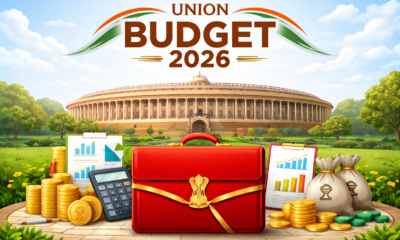
 India News17 hours ago
India News17 hours ago
 India News15 hours ago
India News15 hours ago
 India News17 hours ago
India News17 hours ago
 India News15 hours ago
India News15 hours ago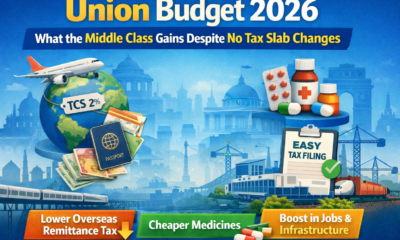
 India News12 hours ago
India News12 hours ago
 India News12 hours ago
India News12 hours ago
